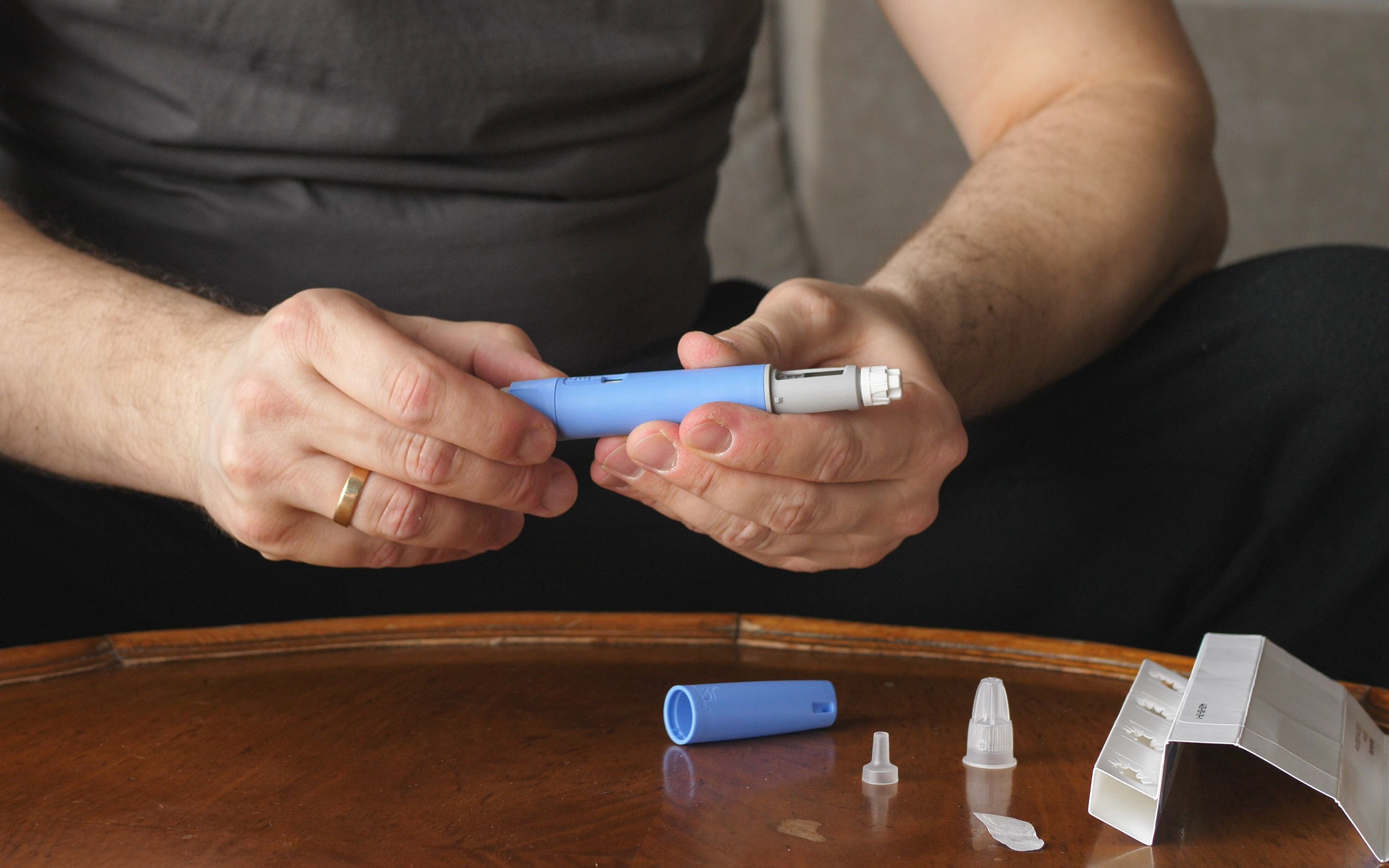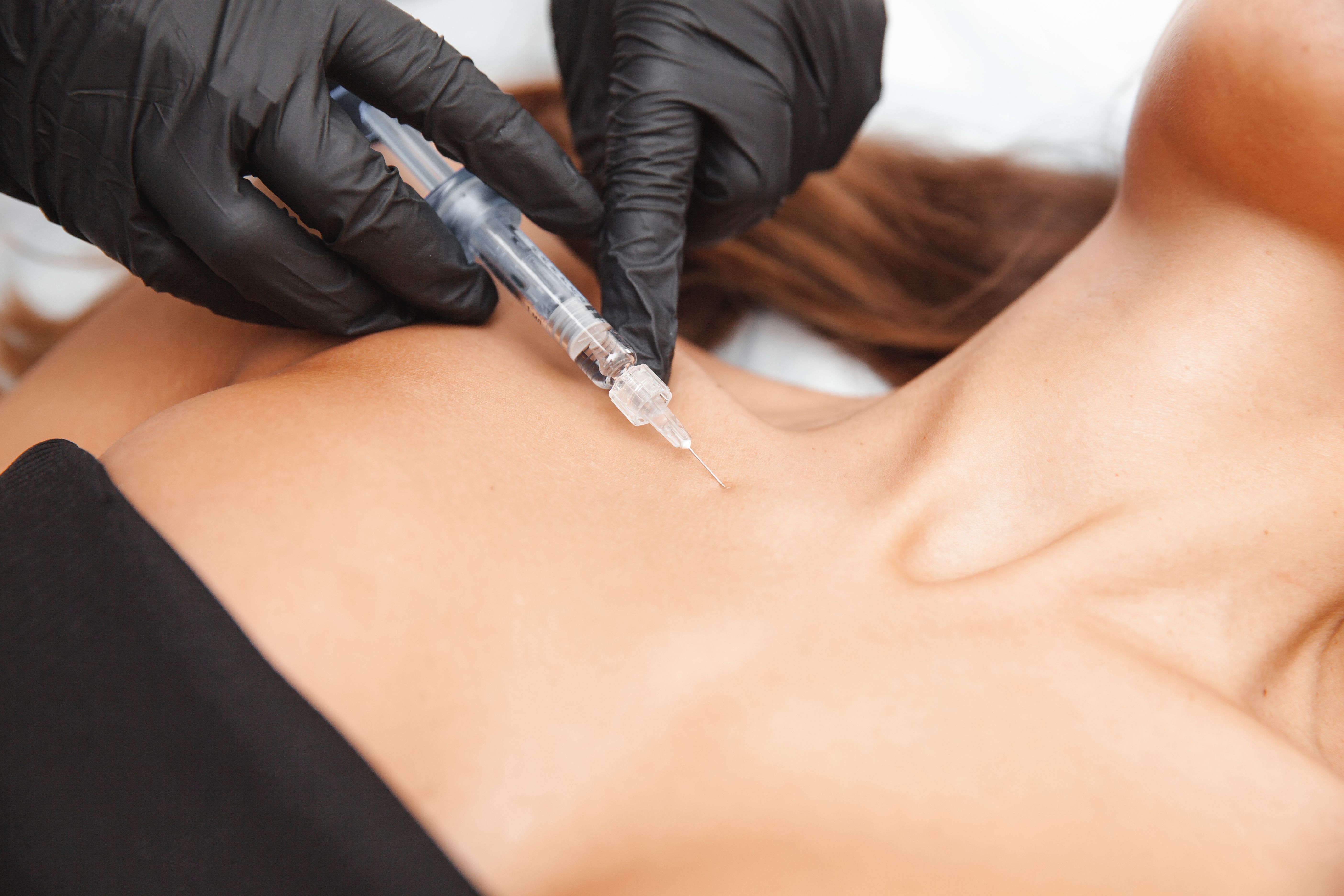- Case-Based Roundtable
- General Dermatology
- Eczema
- Chronic Hand Eczema
- Alopecia
- Aesthetics
- Vitiligo
- COVID-19
- Actinic Keratosis
- Precision Medicine and Biologics
- Rare Disease
- Wound Care
- Rosacea
- Psoriasis
- Psoriatic Arthritis
- Atopic Dermatitis
- Melasma
- NP and PA
- Skin Cancer
- Hidradenitis Suppurativa
- Drug Watch
- Pigmentary Disorders
- Acne
- Pediatric Dermatology
- Practice Management
- Prurigo Nodularis
- Buy-and-Bill
Article
Financial Assistance for the Aesthetic Practice
The COVID-19 pandemic seems never-ending and cases are on the rise. What do you do if you still need financial assistance?
Nearly every industry, business, and medical practice has felt the impact of the COVID-19 pandemic, particularly small businesses deemed nonessential. Fortunately, there are still options to survive, including many financial assistance options, and many resources which can be game changers for those in need.
Debt forgiveness, direct payments, grants, programs for small businesses, and affordable small business loans are some of the ways to keep your practice and business afloat to not only survive, but to thrive during the unrelenting COVID-19 pandemic.
The CARES Act
The COVID-19 pandemic quickly wreaked havoc, with a devastating impact on lives, relationships, and businesses including medical and aesthetic practices, many of which have not been able to fully recover. The CARES Act, passed on April 2, 2020, was intended to provide much-needed funds to physicians, hospitals, and other healthcare entities. Despite governmental relief efforts, some were left out, and still others may find themselves in need of additional aid. So what are the options now, given how prolonged the COVID-19 pandemic has been, to take loans or seek assistance in mitigating the financial shortfalls due to the coronavirus?
The SBA
The US Small Business Administration (SBA) has a relief plan to help small businesses affected by the pandemic by providing affordable loans. The disaster assistance loans offer low interest rates of 3.75% for small businesses without credit available elsewhere, and interest rates of 2.75% for nonprofits. There are long-term repayment options spanning 30 years.
To find out if you are eligible for these loans and to see if these options are available in your location, it is best to visit their loan assistance application page.
Banks
Many banks are also offering loan relief including forbearance and deferment to business loan customers who are struggling to make payments. There is a list of banks offering relief, and you may also search for your bank on the American Bankers Association list of coronavirus response programs.
State and Local Support
Last but not least, there is also financial assistance for small businesses being offered at state and local levels. For example, in my home state of Florida, the Florida Small Business Emergency Bridge Loan Program is providing loans up to $50,000 with 1-year terms to small businesses with two to 100 employees.
Other locations offering assistance include Atlanta, Chicago, Denver, Florida, Iowa, Los Angeles, Maryland, Massachusetts, Michigan, Minnesota, New Mexico, New York City, Philadelphia, Rhode Island, Sacramento, Portland, Salt Lake City, Wisconsin, Syracuse, San Francisco, and Seattle.
Industry Support
The good news is, many distributors and suppliers of aesthetic materials are understanding during these difficult times and many are willing to provide discounts, repayment plans, and financial assistance. The American Academy of Cosmetic Surgery (AACS) offers advice to the private practice including to:
- Examine your budget and operating due to fewer patient visits, canceled surgeries, or partial/complete closure of the practice
- Develop a plan with a minimum cash flow needed to stay afloat
- Review any existing financial covenants and loans
If you determine if a decline in collections or business could trigger a default situation, the AACS recommends proactively communicating with your creditors, landlords, and vendors to discuss reasonable accommodations for the cash flow disruptions that may have impacted your practice and business due to the COVID-19 pandemic.





